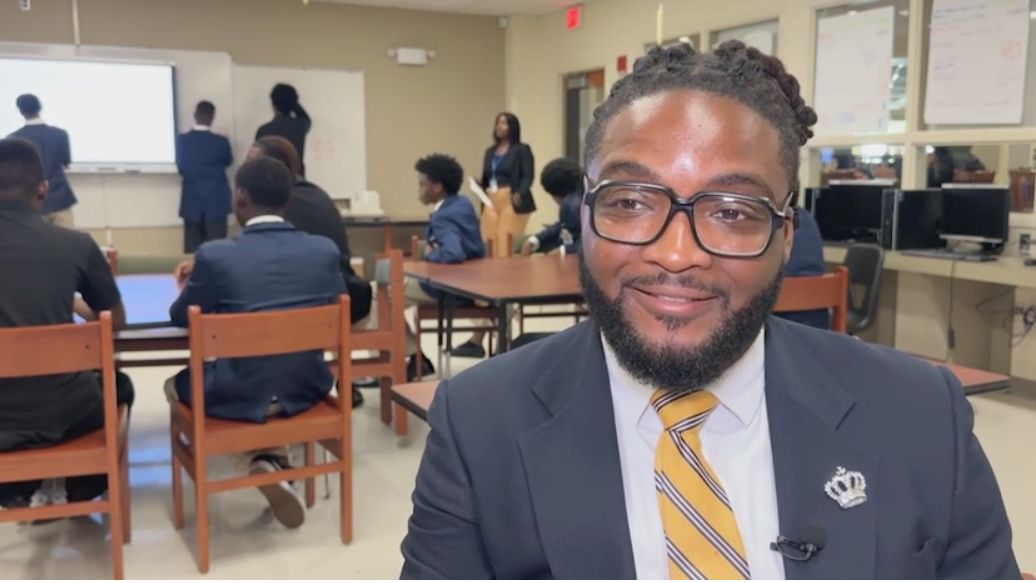ORLANDO, Fla. — Several controversial higher education bills will take effect on July 1, and one University of Central Florida student says they could have serious negative impacts on students in the state.
Senate Bill 266 defunds campus diversity, equity and inclusion programs in the state’s universities and colleges. Its sister bill, HB 999, prohibits general education core classes from theorizing that systematic racism, sexism, or privilege are inherent in U.S. institutions.
“We need to focus on the basics of academics,” Gov. Ron DeSantis said when pushing for the legislation. “We need to focus on reading, writing, math — all these different things. That is what unites parents and unites us.”
DeSantis has advocated that DEI programs actually teach things like exclusion and discrimination.
However, UCF graduate student Marissa Bellenger says that’s not the case. She attended a DEI program at Florida Gulf Coast, saying it was more of a workshop to learn about different cultures.
“It was basically workshops to better learn about each other. We talked about things like how to properly address each other and just to be respectful of one another,” she said. “And I chose to go to UCF to learn more, not to be in a classroom where I now have to worry about if my professor is censoring his or herself.”
Bellenger believes the bill cheats students out of their right to an unbiased education, which could cause students to question the full coverage of the curriculum.
“DeSantis is trying to ignore all of this history, trying to erase all of this history by banning books, banning inclusion programs. It’s not going to go away. The people, we’re still here. You can’t erase us,” Bellenger said.
That’s why Bellenger said it’s important to use your voice, which she plans to do in her fellowship program. Bellenger graduated with her Bachelor of Arts and History Spring 2023 and is currently in a fellowship program working toward her master’s.
As part of her fellowship, she’s working through research that would document the history of the Daytona NAACP. While doing her research, she gets to work with mentor and former history professor, Dr. Robert Cassanello, who shares similar views on how some of the new legislation passed will affect the future of education.
“This is a moment of our Gov. Ron DeSantis wishing to control what we do in the classroom, what we say in the classroom, what the students learn in the legislature,” said Cassanello. “And on some level, college and university administrators are all complicit in this act.”
Cassanello teaches two courses, one regarding the civil rights movement, and the other called Jim Crow Florida. Part of his course includes readings, research and class discussions about a book called ‘The New Jim Crow’ which expounds on systemic racism.
“This book is premised upon notions of institutional and structural racism, which according to the legislation in very specific terms, is prohibited from being introduced in any general education courses,” he said.
By prohibiting such literature, Cassanello believes that this new bill is a violation of the bill of rights.
“We have a right to the freedom of speech in this country and at our college and universities. We have a right to academic freedom, and I think what this bill does is it curbs both,” he said.
While both Bellenger and Cassanello anticipate the changes to come, many universities have not yet disclosed their course of action once the bills take effect. Bellenger said for the sake of future scholars, she’s hoping institutions take a stand, and that students don’t keep quiet.
“These are true and historic facts, you know, and you can’t erase that. Elie Wiesel says ‘those who remain silent yesterday, will remain silent tomorrow,’ so it’s really important to use your voice,” she said.
Spectrum News reached out to the University of Central Florida for information regarding how they will proceed with the new legislation, but has not heard back from anyone. Spectrum News also reached out to Bethune-Cookman University for comment on SB 266, but they declined to speak.









